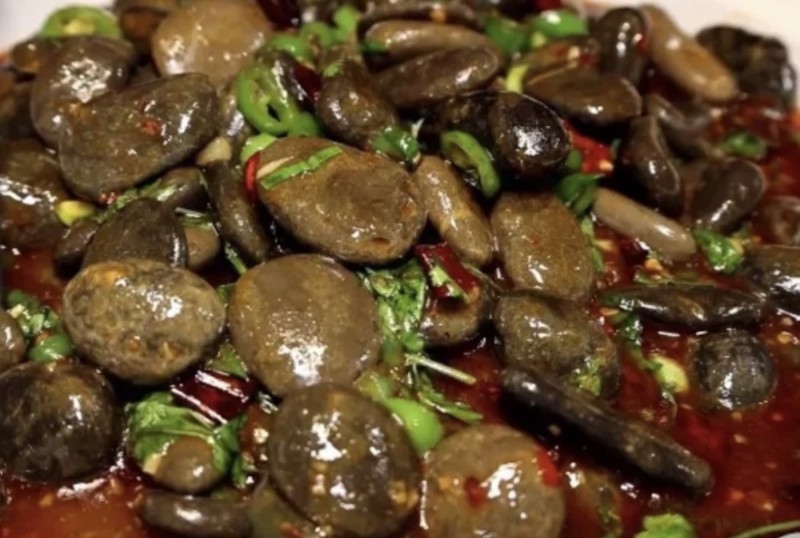
In a world filled with diverse tastes and preferences, some behaviors continue to baffle us. One such curiosity is the penchant some people have for sucking and eating stones. Yes, you read that right – stones, those hard, mineral-rich objects usually found under our feet. But why do people engage in this seemingly bizarre practice? Let's delve into the fascinating world of stone-chewing and explore the reasons behind this unique habit.
Ancient Roots and Cultural Significance
Stone-chewing is not a recent phenomenon; it has deep roots in history and culture. Many indigenous communities around the world have practiced stone-chewing for centuries. This raises questions about its cultural significance and whether it holds any traditional wisdom.
Nutritional Deficiencies or Cravings?
One of the prevailing theories suggests that people who indulge in stone-chewing might be experiencing nutritional deficiencies or cravings. Let's examine whether there is any scientific basis for this claim.
The Sensory Appeal of Stones
H4: The Texture and Taste
It's essential to consider the sensory experience of stone-chewing. What draws individuals to the unique texture and taste of stones? Is there something peculiar about it that makes it enjoyable?
Potential Health Risks
Indulging in stone-chewing is not without its potential health risks. Chewing on hard objects like stones can lead to dental problems, and there's also the danger of ingesting harmful minerals. What are the health consequences, and how can they be mitigated?
Psychological Gratification
Psychologists suggest that stone-chewing may offer a form of psychological gratification. It could be a coping mechanism or a source of comfort. But what drives this emotional connection to stones?
The Role of Pica Disorder
Pica disorder is a condition characterized by the consumption of non-nutritive substances, including stones. How does this disorder play into the phenomenon of stone-chewing, and what treatment options are available?
Worldwide Practices
Stone-chewing is not limited to one region or culture. We'll explore different manifestations of this habit around the world and the cultural contexts that shape it.
The Role of Tradition
Certain traditions and rituals involve stone-chewing. What do these practices entail, and what do they signify within their respective cultures?
Debunking Common Myths
There are plenty of misconceptions surrounding stone-chewing. We'll debunk some of the most common myths and separate fact from fiction. While stone-chewing may appear perplexing at first glance, it's essential to approach this subject with an open mind and consider the cultural, psychological, and sensory aspects that contribute to this intriguing habit. By understanding the reasons behind stone-chewing, we can shed light on a practice that has endured for centuries and continues to captivate our curiosity.
Foods to Treat Fatty Liver Disease
7 Heart-Healthy Foods: Enjoy in Moderation for Optimal Health